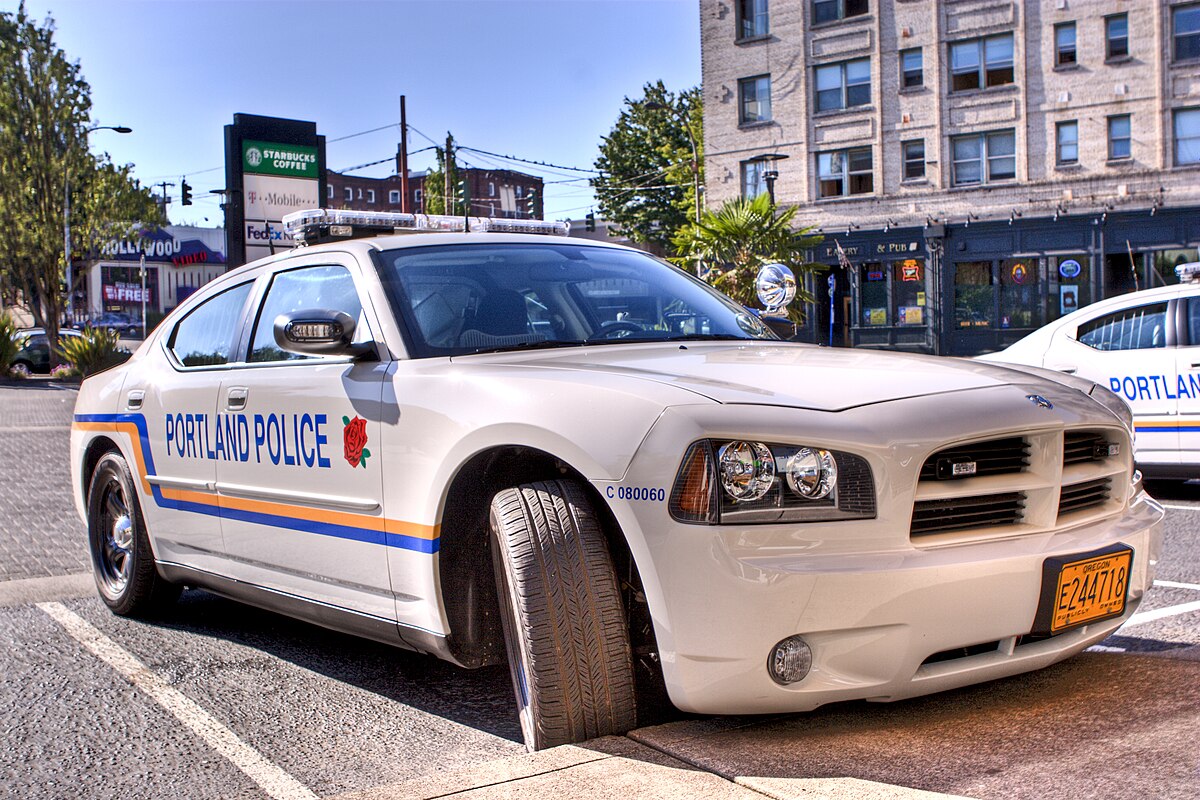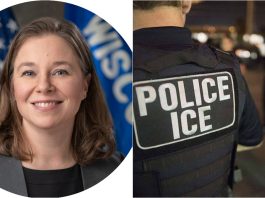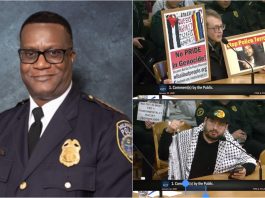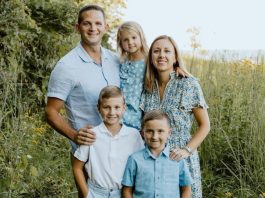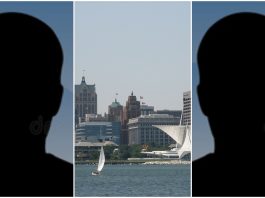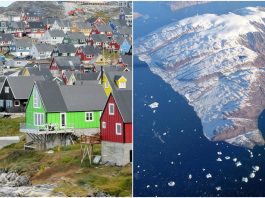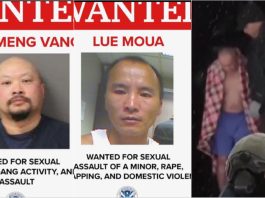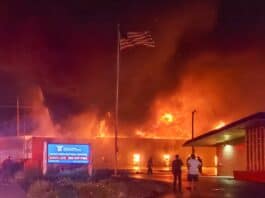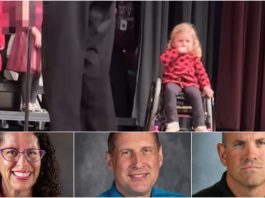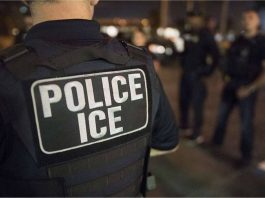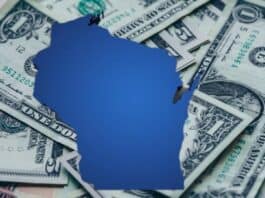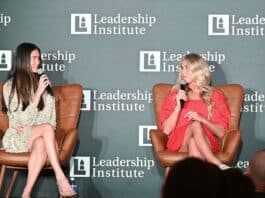By Chris Mann
Read part 1: Chris Mann’s review of The 2020 Portland Riots: A Fight Against Domestic Terrorism by Tommy Clark.
Tommy Clark and I exchanged texts and emails on May 1, 2025 and spoke on May 6, 2025. Here are the results of our communications.
Q) Why did you join the military? Why did you become a police officer?
A) Tommy’s father was retired from the military and he was compelled to serve his country and community. He wanted to help people.
Q) Why did you write the book?
A) Tommy responded: “I wrote the book because I wanted to document what I thought was an important event. I knew from the start that the media coverage was not going to be accurate so I started writing in my journal each night when I got home. It’s important to document historical events and I also saw an opportunity to capture emotions and personal thoughts, the things that are most fragile and easily forgotten over time. I also wanted to document the hardship we went through as police officers and the evil that certain groups of people are capable of.”
Q) I believe you said in the podcast that you kept a journal. Was that your primary resource for writing the book?
A) Tommy responded: “Yes, I wrote in my journal (phone) immediately after work to accurately capture events.”
Q) What do you know about the media and what do you think about them and what factor they played in the events of 2020?
A) Tommy responded: “I think media has the most influence to the public especially on political events. It becomes political because the way it is covered by media. For the 2020 riots, the media focused on race and police “brutality,” fueling hate and violence across the country.”
Q) Were most of the Portland rioters from the area and how did it get so profuse in that area?
A) Tommy responded: “From what I recall, most were not from Portland. Most came from different parts of the US. In my opinion, Portland became the epicenter of unrest because Antifa has a very strong foothold in the northwest. Portland has a long history of protests and history has a tendency to repeat itself. City leadership was weak and ineffective and rioters exploited it. Weak leadership creates vulnerabilities, Antifa and BLM saw that and walked right in.”
Q) How did you know the rioters were from out of state?
A) If arrested, their identification revealed where they were from. Tommy sometimes recognized people on video news clips in other parts of the country that he had arrested in Portland, so there was a belief that there were traveling protestors.
Q) What percentage of officers do you think suffered injuries? What were the most common types of injuries to officers?
A) It’s hard to put a percentage on it. PPB received mutual aid support from both Oregon and Washington states, and cities surrounding Portland. A rough estimate is that 40% of the officers received injuries, mostly from projectiles or fights.
Q) How long did it take for leadership to declare the siege on the precinct to be a riot.
A) As with most incidents, officers were not permitted to respond to acts of aggression against them for at least thirty minutes, possibly longer in this case. It was particularly tense at the precinct because that building is attached to an apartment building so if the precinct building were to start on fire, there could have been innocent civilian casualties. A key takeaway to understand is that unless there was a life or death situation, officers were not permitted to take any independent action. In other words, they couldn’t act without the blessing of Incident Command.
Q) Is there anything else you’d like people to know?
A) Police keep each other in check. They hold each other to high standards and he’s never seen examples of brutality. All of their actions, how they handle calls and communicate with the community are held to account. Their department has coaches that work with trainees and are specifically trained and responsible for identifying certain traits that would deem a cop to be a safety risk.
Q) I have noticed others from the front lines of the riots who have shown signs of having experienced trauma from the protest-riots and in some cases have had a spiritual awakening as a result. You’re trained to deal with violence but it was long, perpetual, repeated situation. Were you affected in this manner?
A) People aren’t expecting this to happen in their hometown, and have it instigated by fellow citizens, hence the title reference to domestic terrorism. Because of his military experience in Iraq and his self care of prayer and meditation and past counseling that he could draw upon, Tommy feels he was affected less than other police. There were certainly times of stress that affected his sleep, and he would have dreams about stressful situations, usually involving second guessing choices he’d made.
